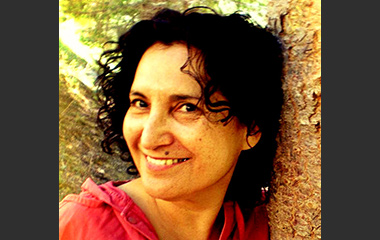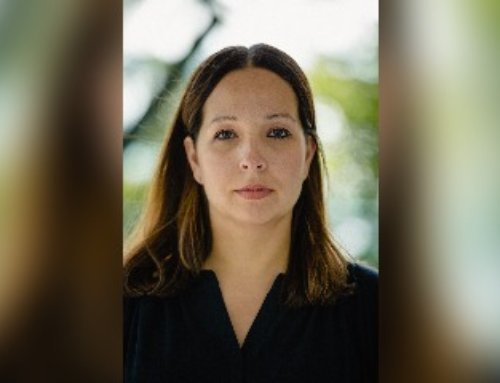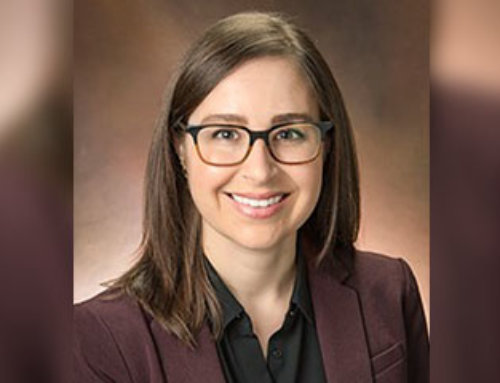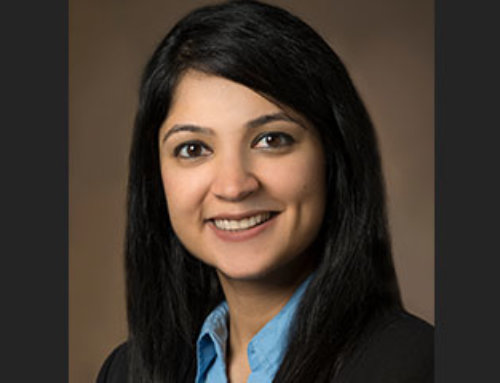2011 Strategic Research Award
After a five-year hiatus from research, Marina Hinojosa-Kurtzberg, PhD, was looking for an opportunity to restart her scientific career. Hoping to study sleep using animal models, she was fortunate to meet American Academy of Sleep Medicine member Sairam Parthasarathy, MD, who was developing a mouse model for sleep interruption at the Southern Arizona VA Health Care System in Tucson.
Under his sponsorship, Hinojosa-Kurtzberg applied for and received a 2011 Strategic Research Award from the American Academy of Sleep Medicine Foundation (AASM Foundation).
“This grant was a milestone in my reincorporation to research,” said Hinojosa-Kurtzberg, Research Associate Professor at the Biomedical Research and Education Foundation of Southern Arizona in Tucson. “I doubt I would have been able to penetrate the sleep research field without the support AASM Foundation granted me.”
With that support, Hinojosa-Kurtzberg was able to investigate the relationship between sleep duration and body weight. Because sleep deprivation studies can present practical and ethical problems, she chose to focus on the effects of prolonging sleep.
To lengthen sleep duration in her intervention-based approach, Hinojosa-Kurtzberg used the sedative dexmedetomidine, which promotes true endogenous non-rapid eye movement sleep in mice. Over a 21-day period she compared the mean body weight of mice receiving daily dexmedetomidine with control mice that had unaltered sleep duration.
Her preliminary data suggest that there is a tendency for less calorie consumption and weight loss after sleep prolongation, which can be accomplished without the development of drug tolerance. Furthermore, her results also suggest that the relationship between sleep and weight may be modulated by the pro-inflammatory cytokine interleukin-6.
In addition to helping Hinojosa-Kurtzberg make a vital contribution to current scientific knowledge, the AASM Foundation grant also allowed her to generate publishable data. She presented a research abstract as an oral presentation at SLEEP 2012 in Boston, and she is preparing a manuscript for submission to the journal Sleep.
“That has placed me back in track in my career,” she said.
Although Hinojosa-Kurtzberg’s preliminary results are promising, a larger sample size is needed to show statistical significance. Therefore, she is submitting a grant proposal to the National Institutes of Health that would enable her to study more animals.
If she is able to confirm that the pharmacological extension of sleep duration leads to weight loss in mice, then the stage would be set for similar research in humans. Such an intervention could have enormous potential in a nation with a staggering obesity problem.
Hinojosa-Kurtzberg also continues to explore other angles in the relationship between sleep and obesity. Currently she is collaborating in a study of how enhanced sleep and a vegetarian diet affect weight.
Looking back, Hinojosa-Kurtzberg is grateful to the AASM Foundation for the opportunity she received. Looking ahead, she is confident that the AASM Foundation grant programs will continue to have a profound impact on the field of sleep research.
“Offering grants not only to seasoned sleep researchers, but to promising new arrivals, will favor the positive infiltration of a multidisciplinary group of scientists in the sleep field,” she said. “The benefit of such diversity of ways to target the multiple interactions of sleep with chronic degenerative diseases is unquestionable.”
Updated March 29, 2018






